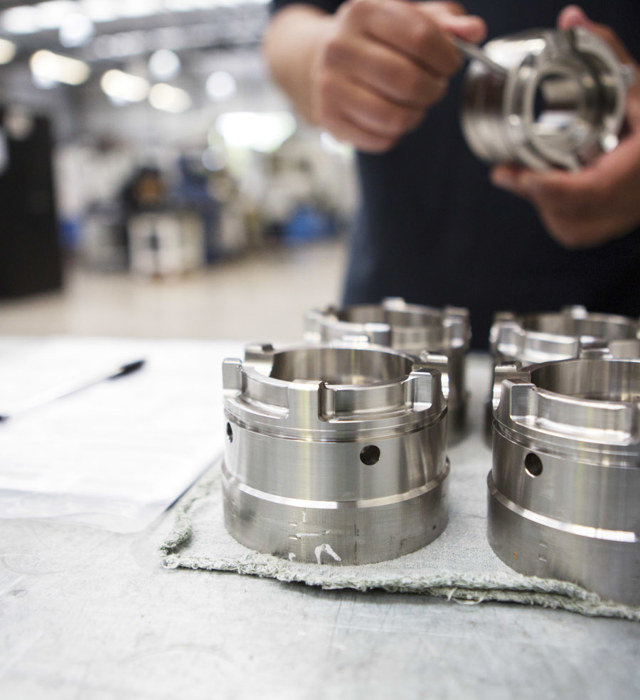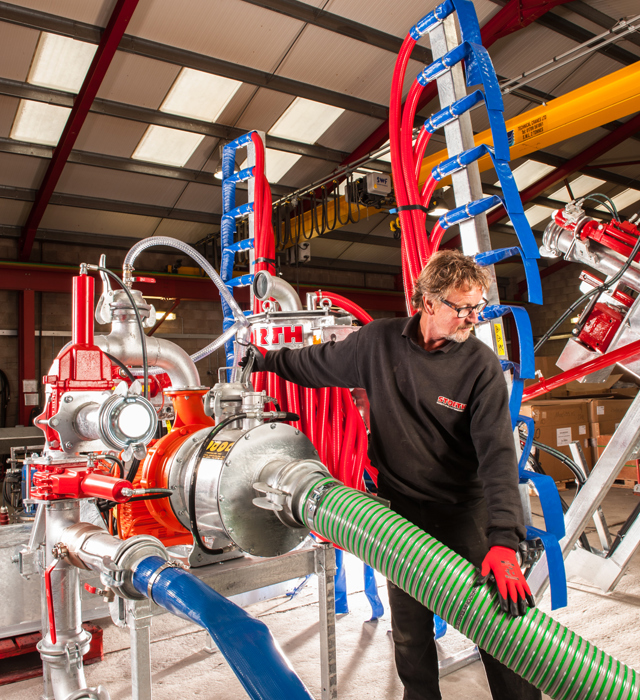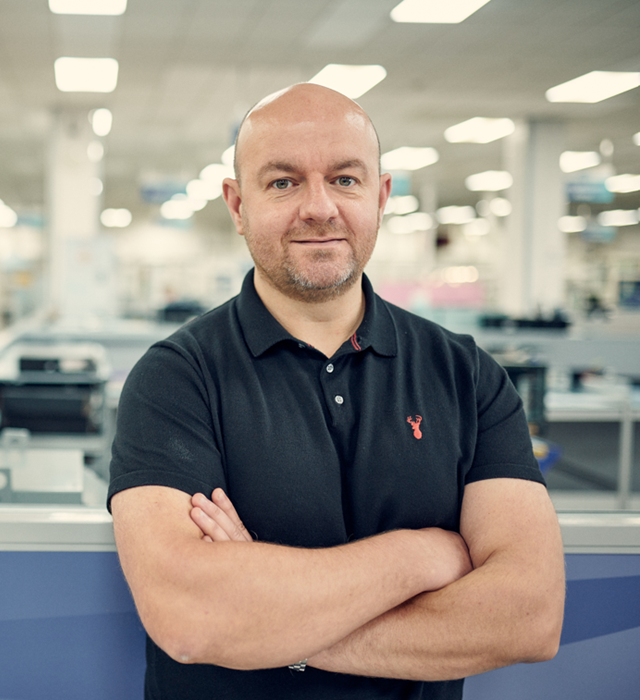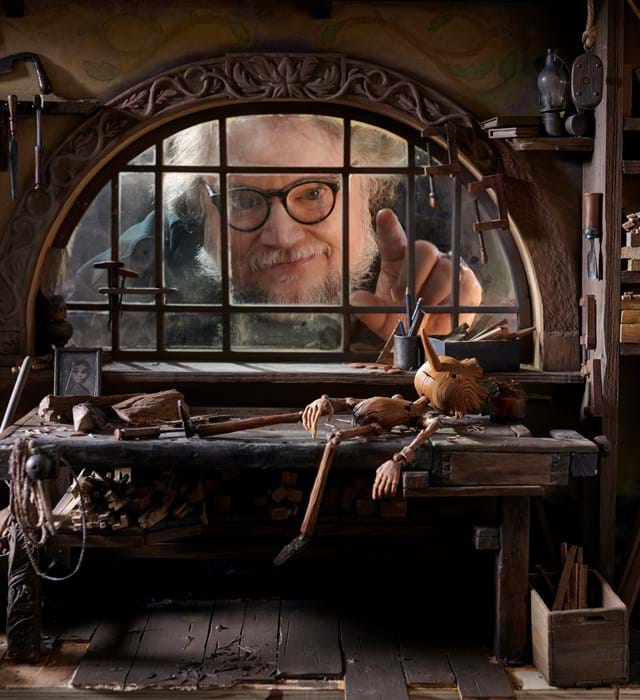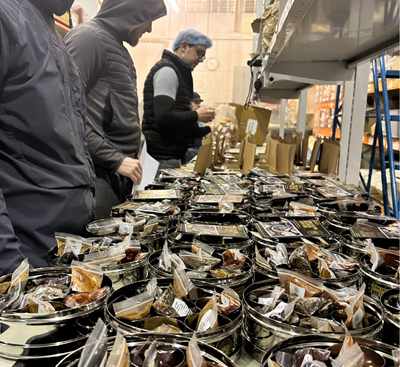
A manufacturer of spice products is forecast to double productivity and sales to £2m after investing in data and systems technologies with the support of Made Smarter.
Spice Kitchen, based in Liverpool, is a family-owned artisan producer of spice tin gift sets, spice blends, loose teas, and cookware. It has invested in a cloud-based software solution to integrate and automate manual and disconnected systems to drive efficiency and productivity. Co-founder Sanjay Aggarwal said: “Made Smarter’s support has been extraordinary. They have helped us create a digital roadmap, analyse our existing skills, create a plan for workforce development, and accelerate our investment in a much-needed technology solution.
“This investment will have an immediate impact by improving the quality and consistency of our business operations, but crucially, it will embed a scalable operational, commercial and manufacturing platform for future business growth.”
Case Study - Spice KitchenMade Smarter’s support has been extraordinary. Our investment will boost productivity, increase growth, and create new highly skilled opportunities within the business.
Sanjay Aggarwal, Co-founder of Spice Kitchen
From selling homemade tins of spice mix at artisan markets 10 years ago to an award-winning £1m business which has appeared on TV’s Hairy Bikers, Spice Kitchen has big plans to double turnover in the next two years. This includes a focus on international wholesale sales into US, Europe, Australia, New Zealand, and the Gulf Region, as well as growing online sales via Amazon and the website. But for the business to increase scale and complexity and maintain quality, it needs to embed new systems in its factory in Liverpool, which currently supports manufacturing of almost 700 different products and sells across 10 platforms. Sanjay explained: “We have been keen to adopt technology and have achieved some success with e-commerce. However, other operational systems have not developed at the same rate. We still use manual business practices, which are time-consuming and prone to error. It means we are very reactive to situations. “With 700 product variations, we need better data management and control to improve decision-making.
“A new operating model would prevent the drain on management’s time, which prevents us from pursuing more value-added tasks such as sales growth and new product development giving our team more autonomy.”
After engaging with Made Smarter through a Digital Transformation Workshop, Spice Kitchen identified that technology investment focused on data and systems integration were a priority. The solution has three main strands that enable the business to connect and access real-time production, stock, shipping, and sales data.
The first cloud-based software is the Cin7 inventory management software. This streamlines stock management, displaying real-time stock levels and automates stock counting, batch tracking and semi-automate procurement.
The second part is Shiptheory, a shipping management platform, which automates integration with e-commerce retailers and global carriers. The platform also integrates with production planning and scheduling enabling order management for both wholesale and consumer business streams. The third strand to the project is to integrate Cin7 and Shiptheory to existing finances, sales, and marketing systems, meaning data flows through the organisation.
The new system will completely transform the workflow and improve efficiency exponentially. Instead of 25 different types of sales orders, which are manually handed to production to interpret, they will be replaced with one uniformed document, streamlining, and speeding up the process. The new system will also enhance and improve quality and traceability, which is vital in the food sector.
The digital solution will empower the 15-strong workforce to be self-sufficient and make data-driven, real-time decisions. Spice Kitchen estimates that this increased efficiency will enable the business to double productivity and boost sales to £2m, with no material increase in operating costs.
Spice Kitchen estimates it will achieve an ROI within 12 months. This growth will create three new jobs, including operations, quality and marketing management roles. While the project is not primarily aimed at reducing carbon emissions, it is a crucial enabler of the lean production approach, which focuses on reducing waste and reduced stock holding.
Digitalising existing manual processes will reduce paper use. Meanwhile, the system’s procurement module will allow Spice Kitchen to evaluate the carbon credentials of its supply chain.
The next focus for Spice Kitchen is to explore how automation can improve production.
Sanjay said: “The computerisation and automation of many processes will mean that the business will be much more scalable than it currently is.
“Our investment will improve the flow of information and product. This will boost productivity, increase growth, and create new highly skilled opportunities within the business. We want to manage processes rather than do them, which is the first step.”




